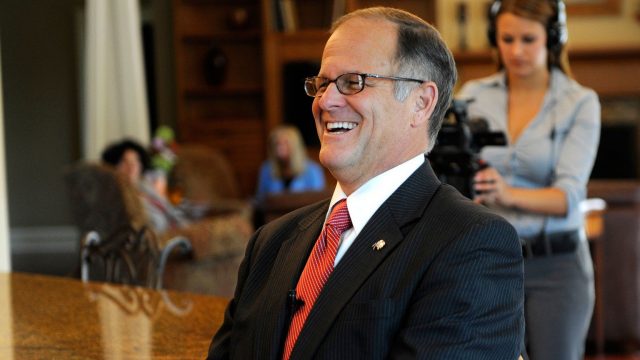North Dakota University Officials Beclown Themselves On Research Rankings

In years past if you listened to officials at North Dakota’s universities long enough you’d hear them tout their research rankings from the Carnegie Classification of Institutions of Higher Education. North Dakota State University President Dean Bresciani, in particular, has been vociferous in describing his institution as a top-ranked center for research.
On Bresciani’s official website he writes, “We are proud to be our state’s first and still only institution to be named to the top category of the Carnegie Commission on Higher Education.”
In former UND President Robert Kelley’s 2015 State of the University address (video here) he set a goal of boosting his school’s research expenditures to $125 million in order to improve their Carnegie ranking.
In fact, university officials put so much stock into the Carnegie rankings that in an August 2014 memo to members of the State Board of Higher Education then interim Chancellor Larry Skogen (who has since returned to his post as President of Bismarck State College) asked that pay for the university presidents – Bresciani’s pay, in particular – be based on them.
You can read the memo here. The pertinent excerpt:
Now the state’s university officials are singing a different tune. Earlier this week I was the first to report that Carnegie had downgraded NDSU’s ranking in a preliminary release (the school is now tied with the University of North Dakota which did not see a change). And all of a sudden, the Carnegie rankings don’t matter all that much any more.
“Officials at UND and North Dakota State University are downplaying new rankings showing the two schools on the same level for research activity, saying the data is irrelevant or is not a good a measure of research,” reports Anna Burleson for the Grand Forks Herald.
Click through to the link for long and tortured explanations for why a ranking long touted by university system bureaucrats as a measure of their success doesn’t matter any more because it has become inconvenient to them.
This is business as usual for our universities, where accountability is a dirty word. The university bureaucrats gripe endlessly about which metrics we use to measure their success, saying that measures like four-year graduation rates are misunderstood by we philistines who live and work outside of their industry. And yet when a metric that they use, that they have touted endlessly, becomes inconvenient they throw it out the window and expect us to just play along.
This is why there is such an utter lack of trust between state policymakers and the university system. The university officials simply can’t be trusted to be honest and forthright.





